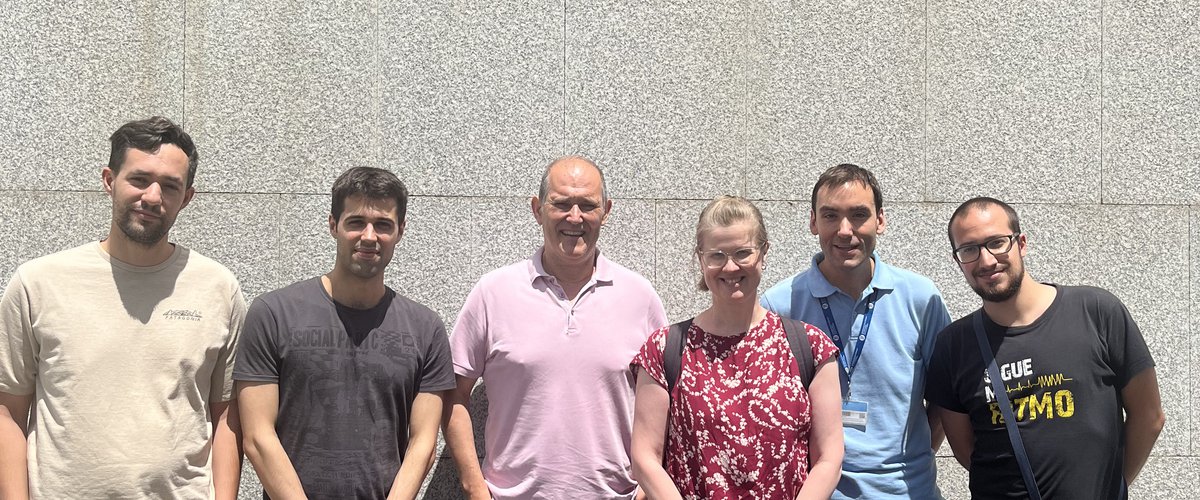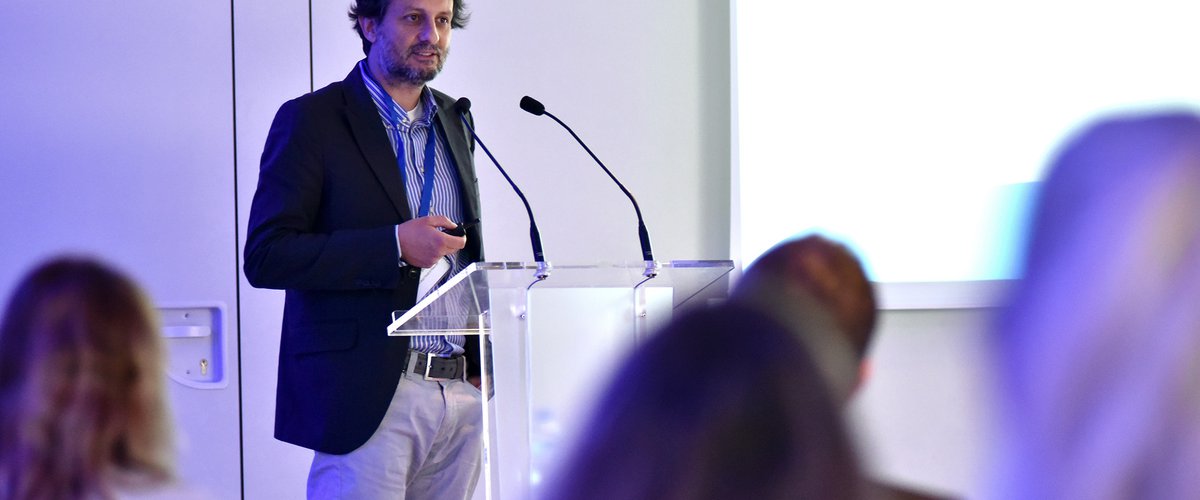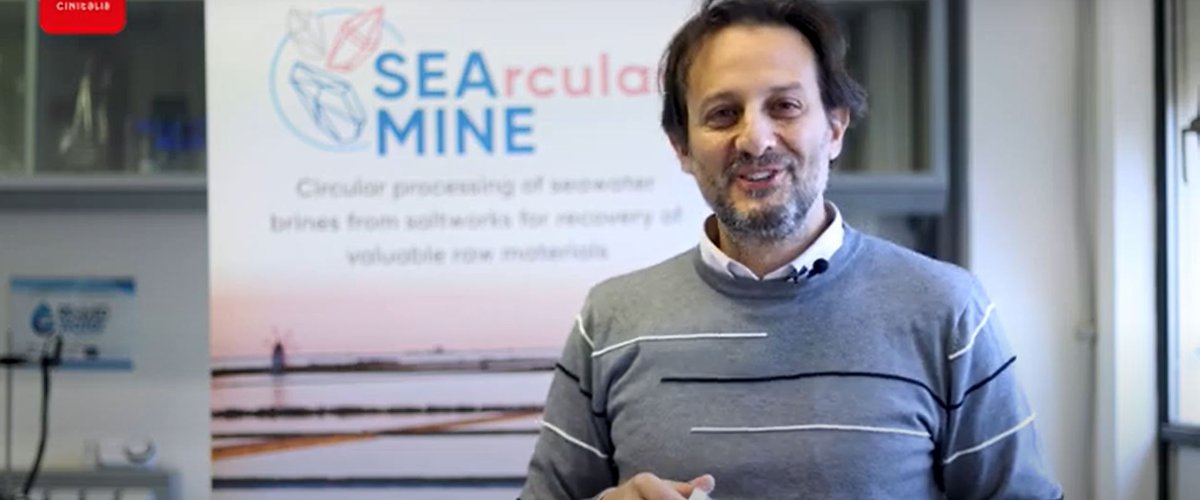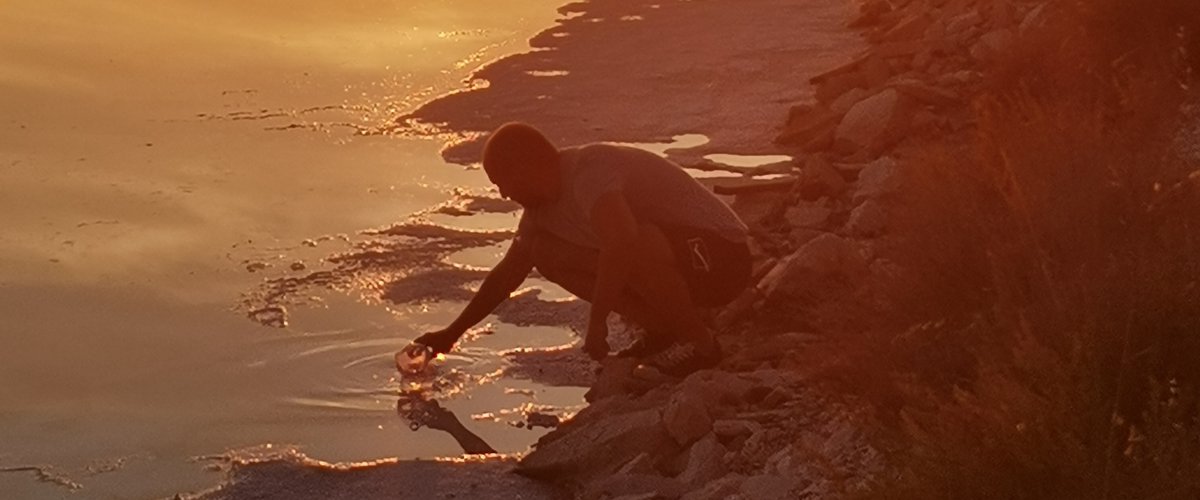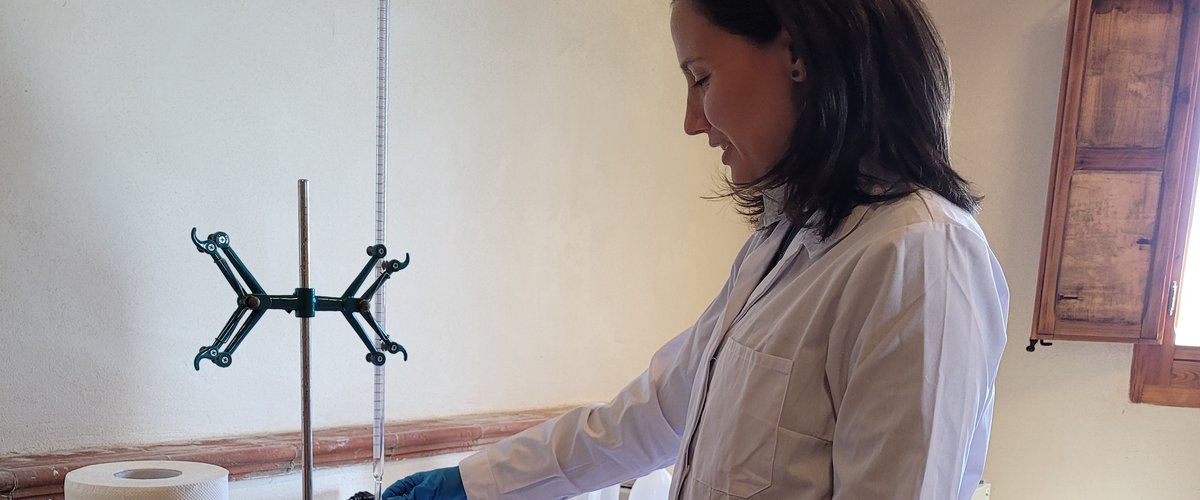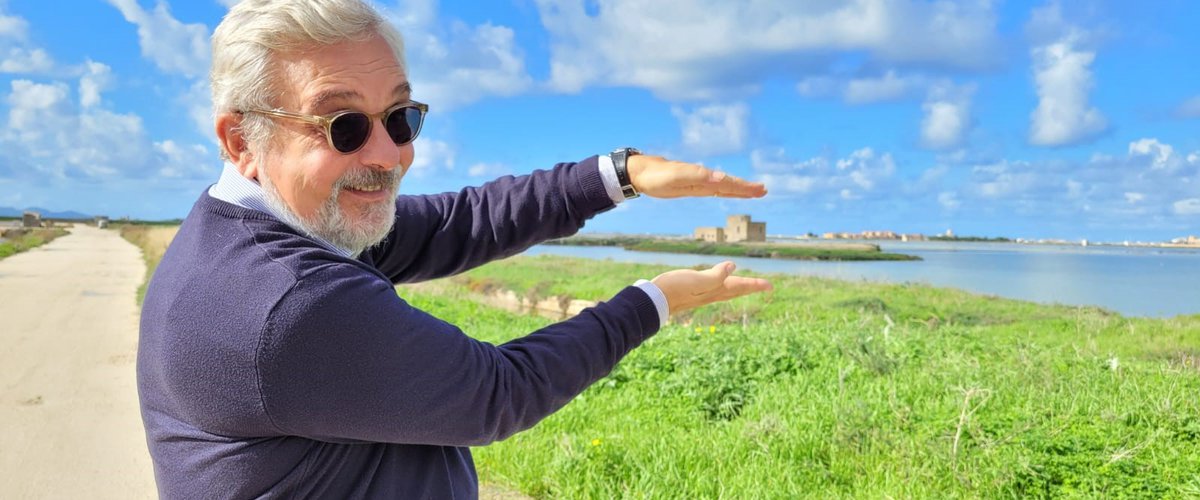The SEArcularMINE project, and EU mission to boost non-conventional mining of critical raw materials, will reach Asian and global audiences as a short documentary about the work of SEArcularMINE will be soon broadcast on China Global Television Network (CGTN) channels. The CGTN team visited UNIPA laboratories in Palermo, Sicily interviewing Andrea Cipollina, Project Co-ordinator, as well as Giuseppe Battaglia and Antonella Finilgeri two senior UNIPA researchers. The UNIPA team presented SEArcularMINE project activities to innovate sustainable and circular, environmentally-sensitive processes to recover important minerals from seawater - specifically working with super-concentrated brines, an end-product from evaporative sea salt production. …
